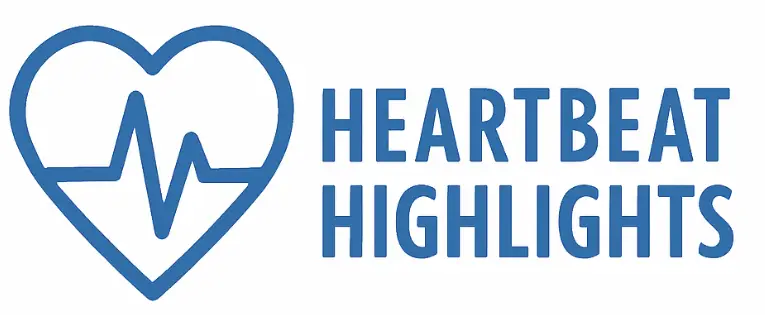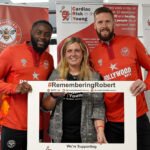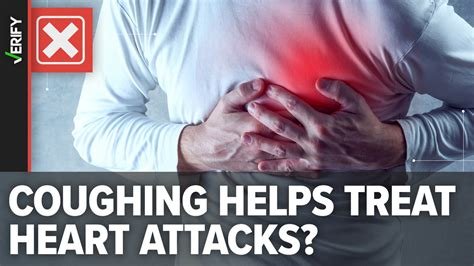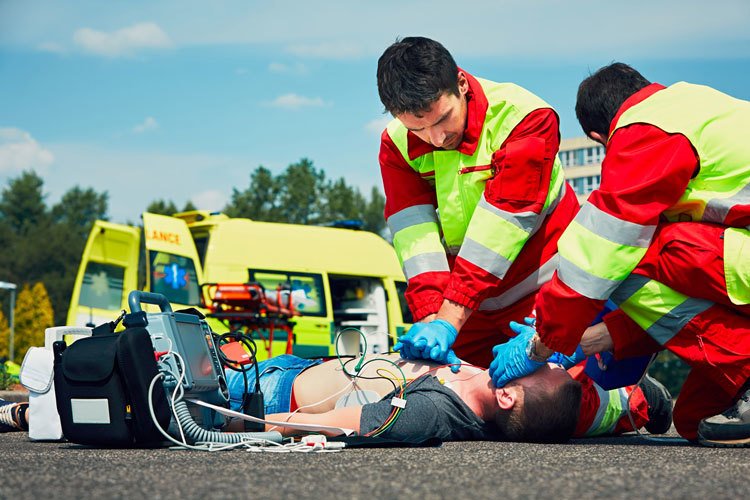How digital platforms are reshaping the way we learn, share, and take action for heart health
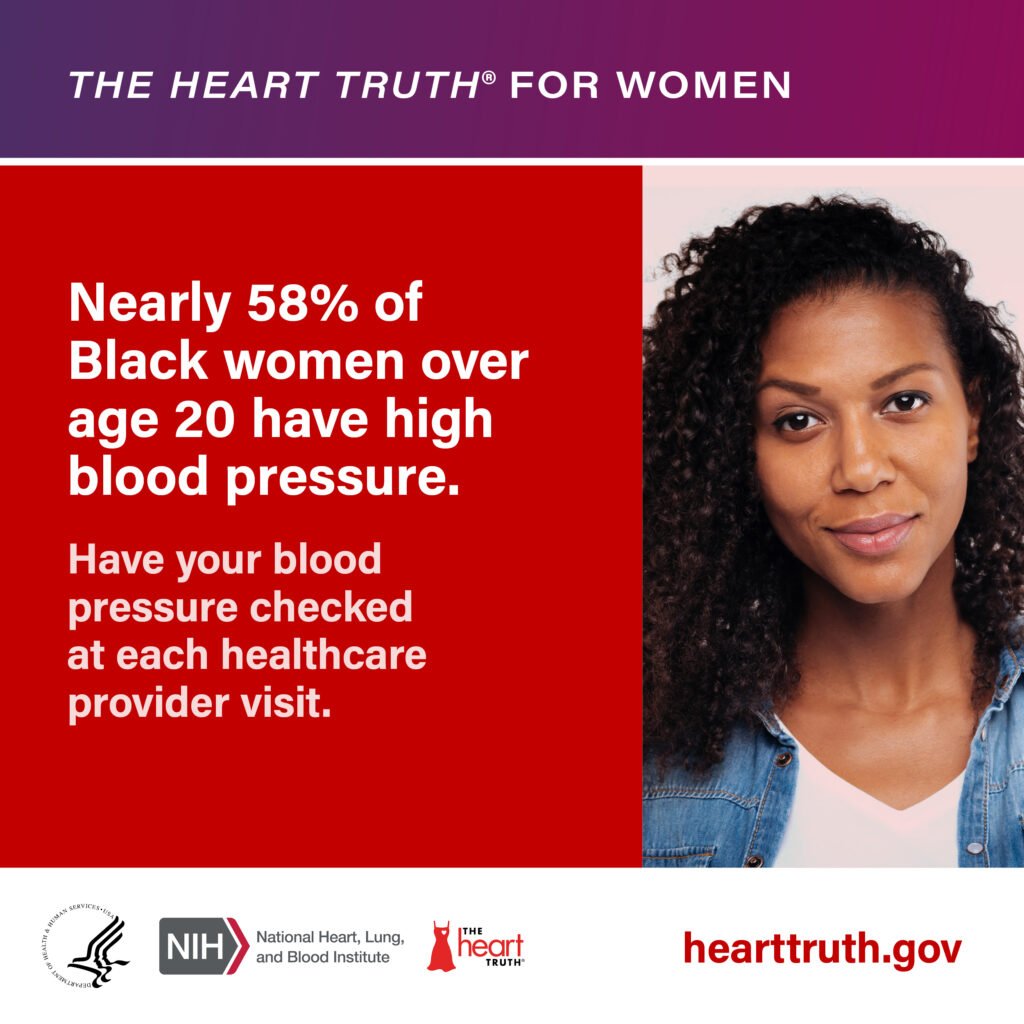
Introduction: From Waiting Rooms to Newsfeeds
Not too long ago, most people learned about heart health from a doctor’s appointment, a pamphlet, or maybe a segment on the evening news. Today, the conversation has moved into our pockets — literally. Whether you’re scrolling through Instagram, watching a TikTok dance, or reading a tweet from a cardiologist, heart health information is now just a swipe away.
And it’s not just about convenience — it’s about connection. Social media is transforming the way we talk about cardiovascular wellness, creating a space where prevention tips, personal stories, and urgent public health updates can reach millions in real time. Hashtags like #HeartHealth, #WearRedDay, and #GoRedForWomen have become digital billboards, uniting communities around a shared mission: healthier hearts for all.
The Rise of “Hashtag Health” in Cardiology
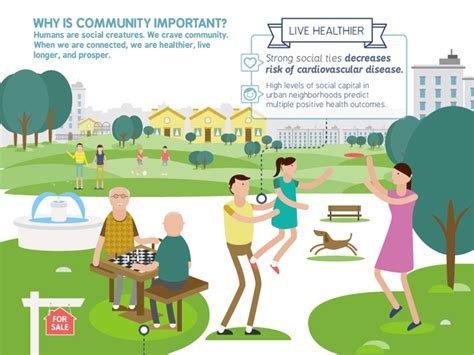
Cardiology used to be confined to clinics, academic journals, and conference halls. Now, it’s finding new life in Instagram Reels, TikTok videos, Facebook Live sessions, and Twitter threads. Why? Because social media thrives on storytelling — and heart health has no shortage of powerful stories to tell.
From survivors sharing their journeys after a heart attack to cardiologists breaking down the latest research into bite-sized, easy-to-understand videos, the internet is making cardiovascular education more approachable than ever.
Three key shifts stand out:
- Accessibility – A 30-second video can explain blood pressure in a way that sticks better than a 10-page pamphlet.
- Speed – News about recalls, public screenings, or new research can go viral in hours, not weeks.
- Engagement – Hashtags encourage conversation, not just passive reading.
Why Social Media Matters for Heart Awareness
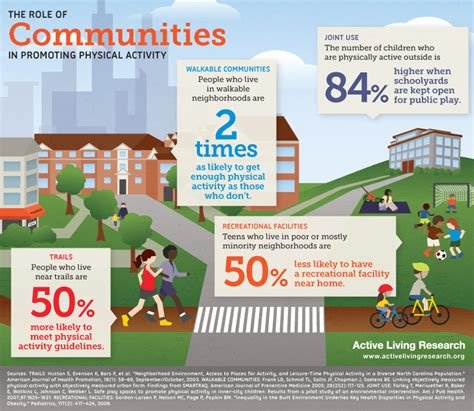
Heart disease remains the leading cause of death worldwide. Yet many risk factors — high blood pressure, unhealthy diet, sedentary lifestyle — are preventable with awareness and action. Social media bridges the gap between medical expertise and everyday life, giving people the tools to make informed choices sooner.
Consider how public campaigns like #MoveMore and #KnowYourNumbers work. A single shared post can inspire someone to get their blood pressure checked, try a new healthy recipe, or start a walking challenge with friends.
The Power of Storytelling in Saving Lives
One of the most impactful trends is the rise of patient voices. When someone shares their experience of recognizing early heart attack symptoms — especially if those symptoms were subtle — it can resonate far more than a clinical checklist.
For example, posts that highlight heart attack symptoms in women (often different from men’s symptoms) have gone viral, sparking conversations that lead to real-world checkups and diagnoses. This kind of peer-to-peer awareness is changing outcomes.
The Role of Healthcare Professionals Online
Doctors, nurses, dietitians, and physiologists are increasingly stepping into the social media space to share:
- Myth-busting posts (“No, caffeine doesn’t directly cause heart disease”)
- Explainer videos (“How cholesterol works in your arteries”)
- Live Q&A sessions on Facebook or Instagram
- Event promotions for free screenings and webinars
When a board-certified cardiologist shares accurate, relatable information on TikTok, it doesn’t just educate — it builds trust.
Real-Life Impact: Hashtags That Have Changed the Game
- #GoRedForWomen – Raises awareness of women’s heart health through storytelling, fashion events, and challenges.
- #WearRedDay – Encourages community solidarity in heart health awareness each February.
- #WorldHeartDay – A global campaign that unites millions in heart health activities.
These aren’t just marketing gimmicks — they create momentum. A 2022 study found that social media campaigns can improve health literacy and even influence healthier lifestyle choices on a community scale.
Practical Tips: Using Social Media for Your Heart Health
- Follow trusted accounts: Look for medical organizations, certified health professionals, and reputable non-profits.
- Engage in challenges: Step-count goals, heart-healthy cooking, and fitness streaks keep motivation high.
- Share wisely: Before reposting health advice, make sure it comes from a credible source.
Use hashtags: They connect you with communities and events you may not otherwise find.
When Online Awareness Meets Real-World Action
The real magic happens when digital awareness turns into offline action — getting screened at a community event, talking to a doctor about symptoms you saw online, or joining a local walking group you found on Facebook.
And if you ever have doubts about your cardiovascular health, take that online curiosity straight to a qualified healthcare provider. A quick conversation can save a lifetime.
Looking Ahead: The Future of Heart Health on Social Media
We can expect more interactive tools, AI-driven chatbots for health Q&A, and virtual support groups. Augmented reality might even let you see a 3D heart model in your living room as a doctor explains how a stent works.
As platforms evolve, so will the way we learn and share about our hearts — and that’s a beat worth keeping.
Key Takeaway
Social media isn’t just for entertainment — it’s a powerful public health tool. When used responsibly, it can break down barriers, correct misinformation, and inspire healthier lives.
So next time you see a heart health hashtag, remember: it’s more than a trend — it might be a lifesaver.
References
- American Heart Association. Social Media and Cardiovascular Health.
- World Heart Federation. World Heart Day Campaign.
- Public Health England. Health Literacy and Social Media.
National Institutes of Health. Digital Health Interventions in Cardiology.
Disclaimer
This article is for educational purposes only and does not substitute professional medical advice. Always seek guidance from a qualified healthcare provider for any heart health concerns.
